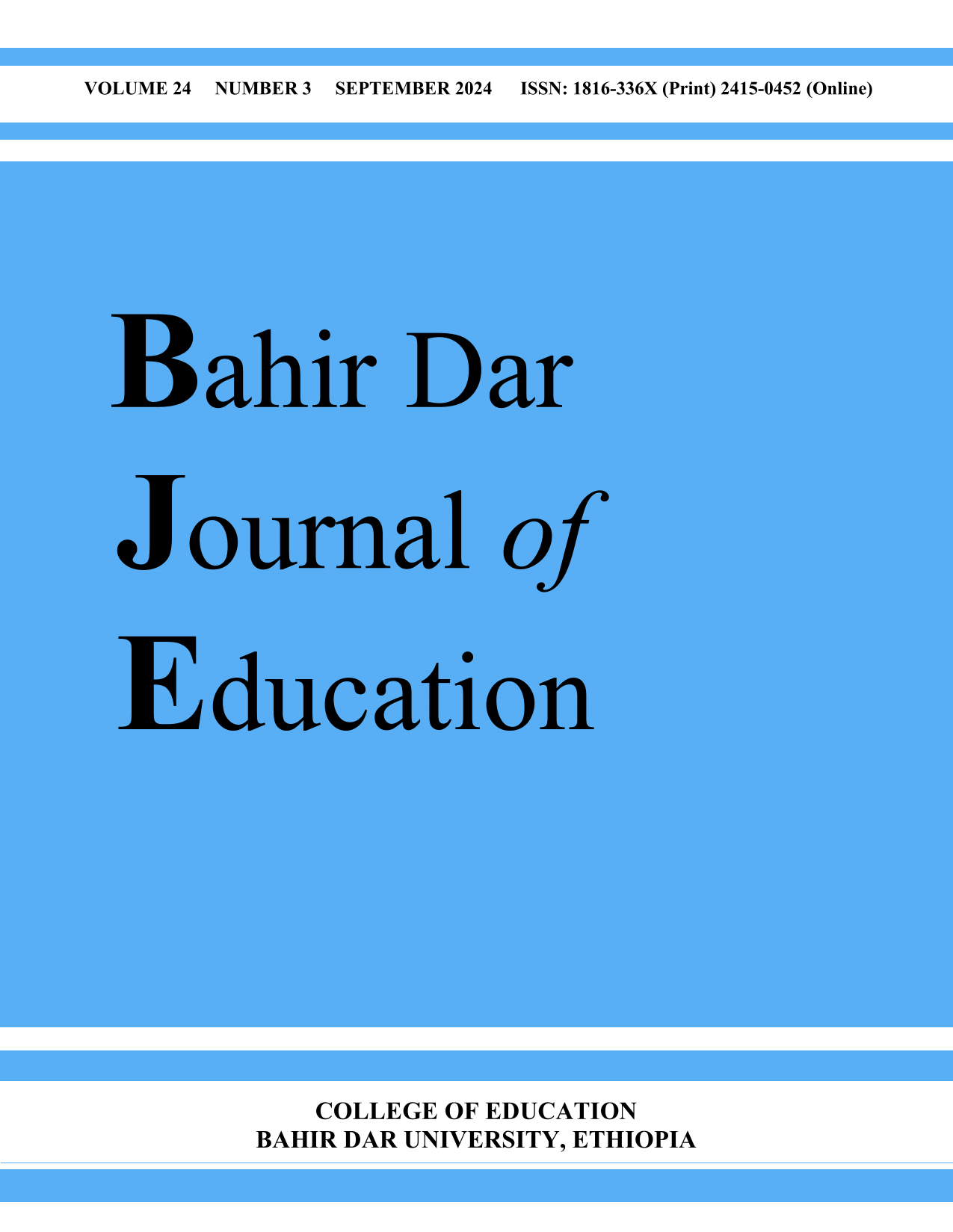Ethiopian public university leaders' understanding of strategic management: A critical path to sustainable institutional success
DOI:
https://doi.org/10.4314/10.4314/bdje.v24i3.2Keywords:
Strategic management, university leaders, public university, higher education, sustainable institutionAbstract
This paper explores public university leaders' conceptual understanding of strategic management and its benefits as a tool to make strategic choices and decisions to gain competitive advantages toward pursuing excellence. The qualitative case study method was employed with an interpretive approach. The study examined the perspectives of eleven top-level leaders from three public universities, involving three presidents and eight vice presidents. The findings revealed that public university leaders conceptualize strategic management through the lens of different strategic management facets. They tended to emphasize specific fundamentals of strategic management, such as strategic planning, strategic leadership, transformational leadership, and total quality management. As a result, their understanding of strategic management is conceptually incomplete and practically limited. Moreover, the meaning they ascribe to strategic management is very narrow in scope and lacks consistency. Thus, an ambiguity of concepts may mislead to set an unrealistic vision and be accompanied by designing irrelevant strategies, which may affect institutional sustainability. Besides, strategic management initiatives benefitted leaders in setting goals, enhancing program expansion, conducting performance evaluation, introducing internationalization, mobilizing resources, and building leadership ability. The paper concludes with implications for higher education policy and recommendations for further research.

